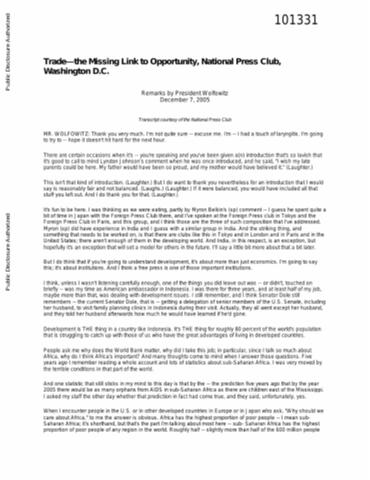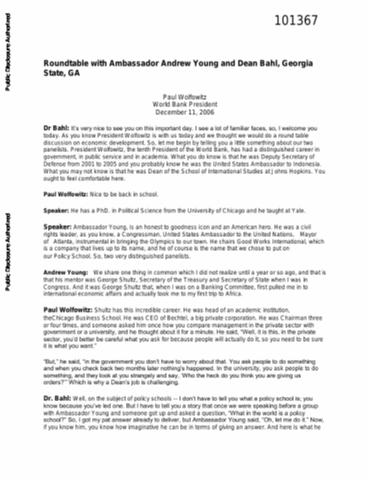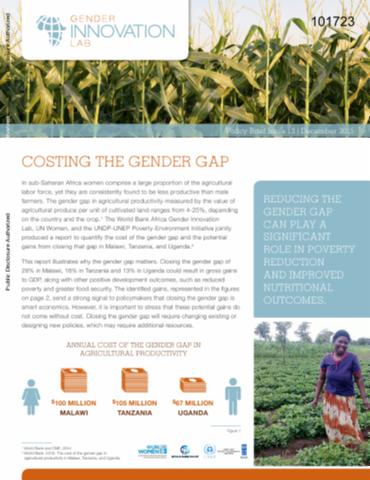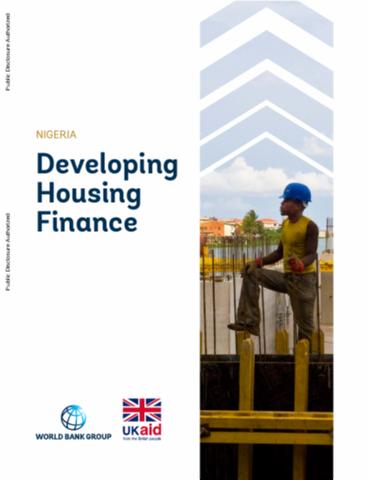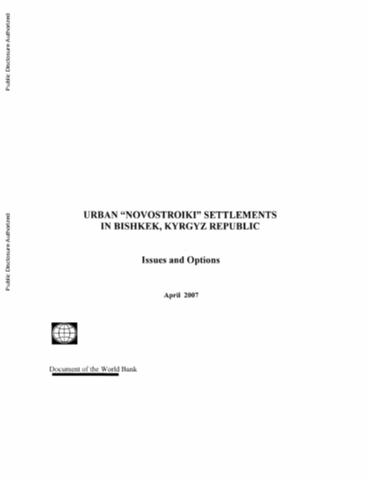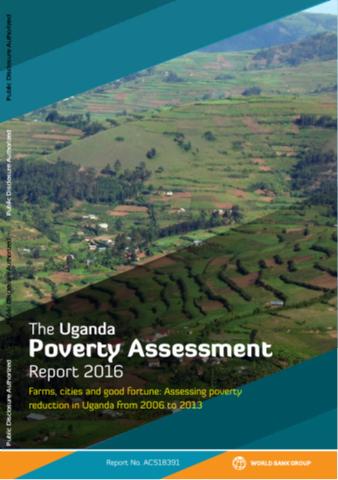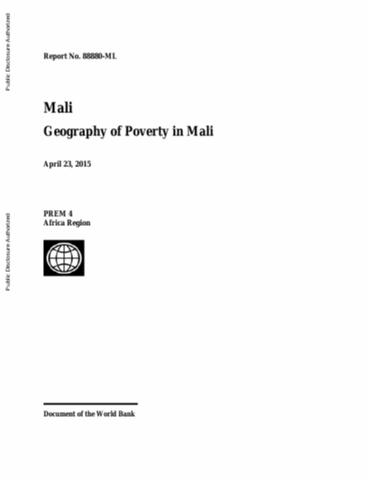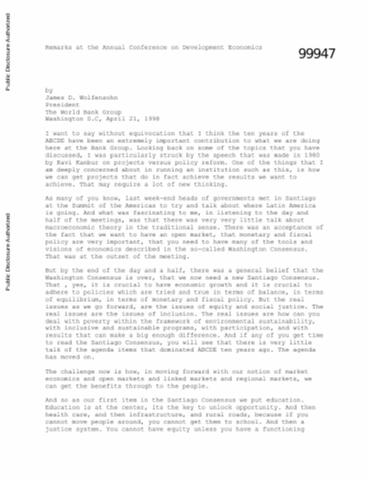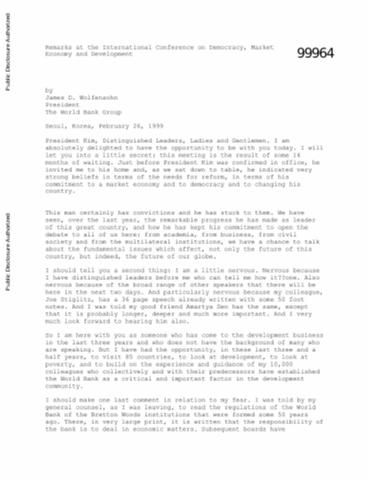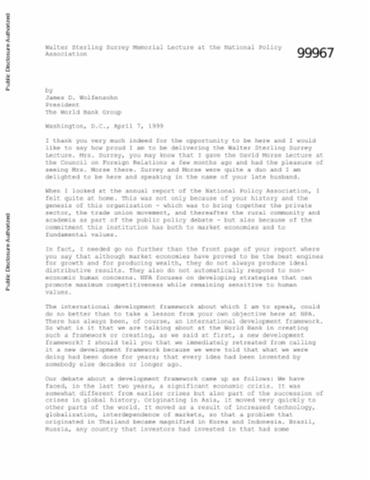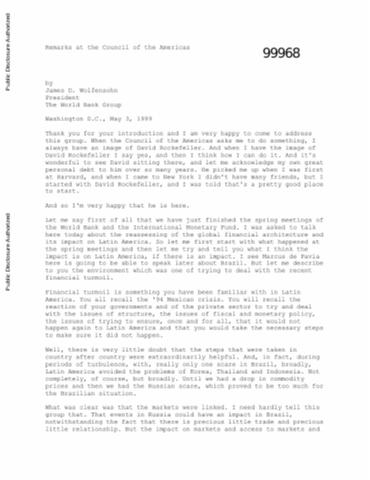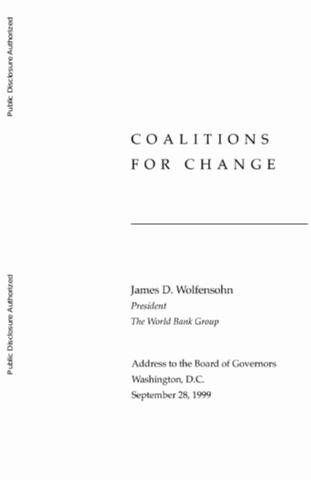Trade
Paul Wolfowitz, President of the World Bank, argued that the Doha Round presents an opportunity to rewrite the rules of an unfair trading system that holds back the potential of the poorest people. As important as aid is, as important as debt relief is, the opportunities generated by trade are far more significant. Unless the people of Africa and other poor countries have access to markets to sell their products, they will not escape poverty or be able to give their children a better future.

